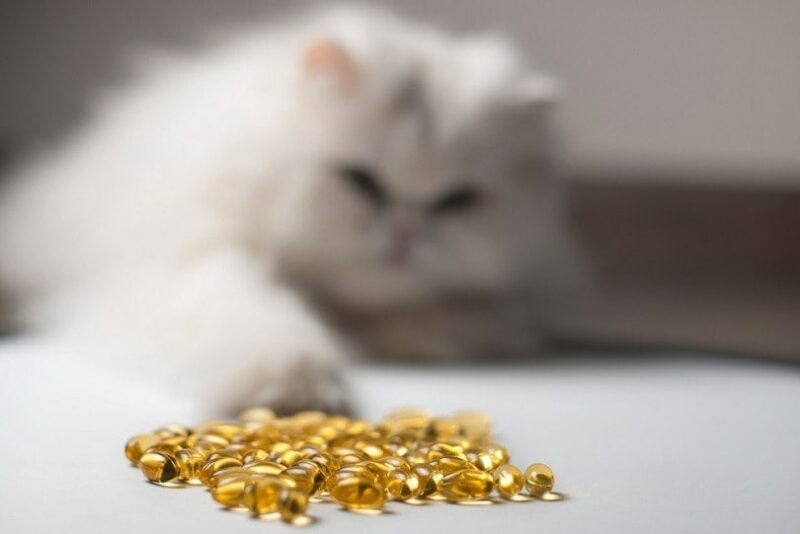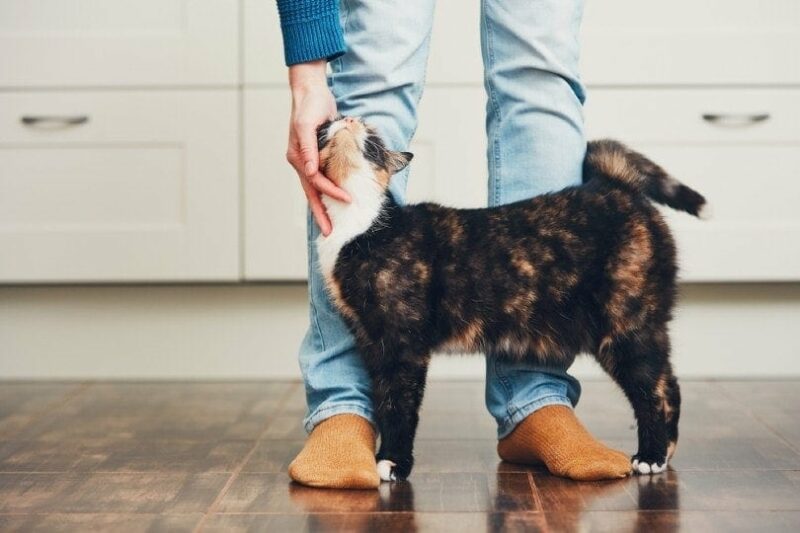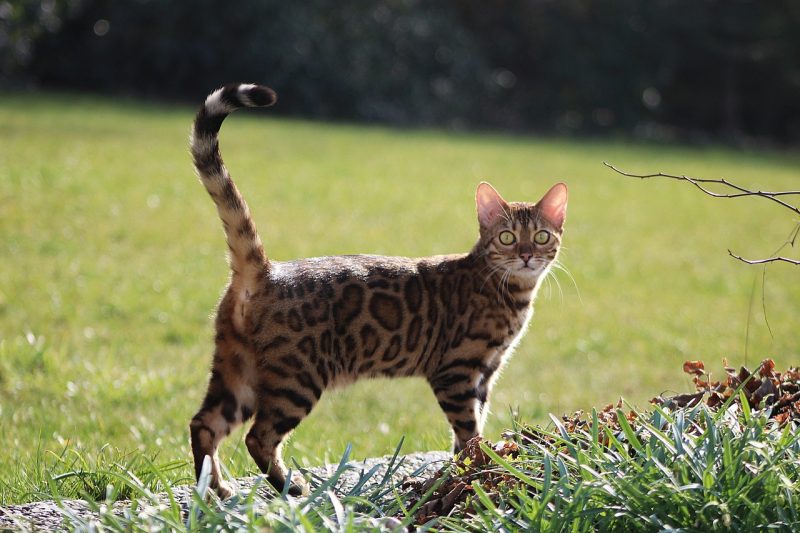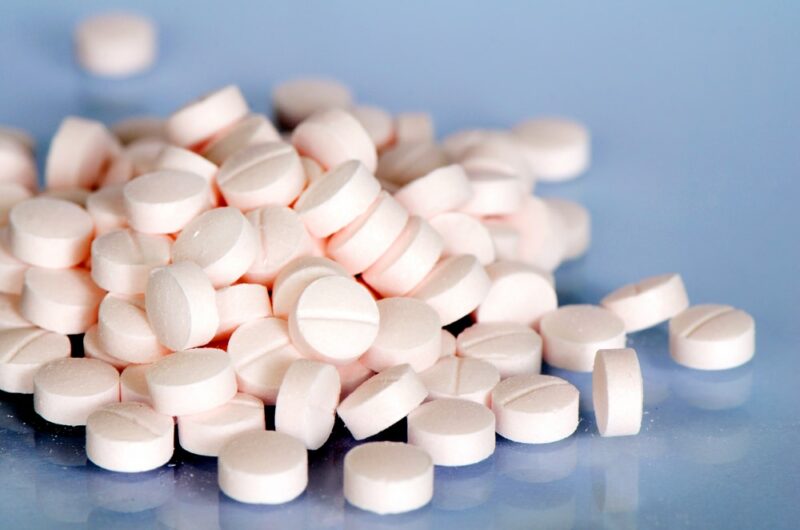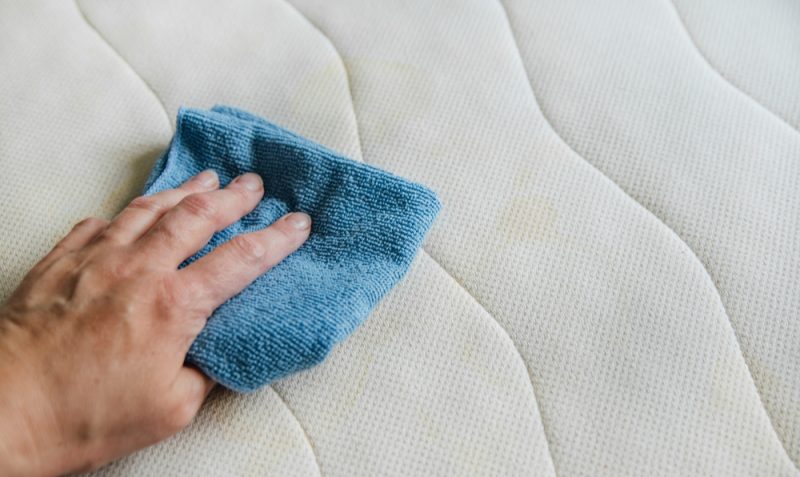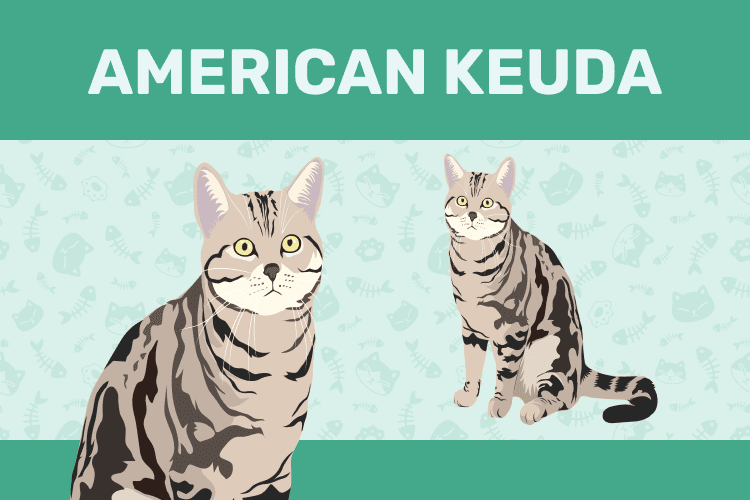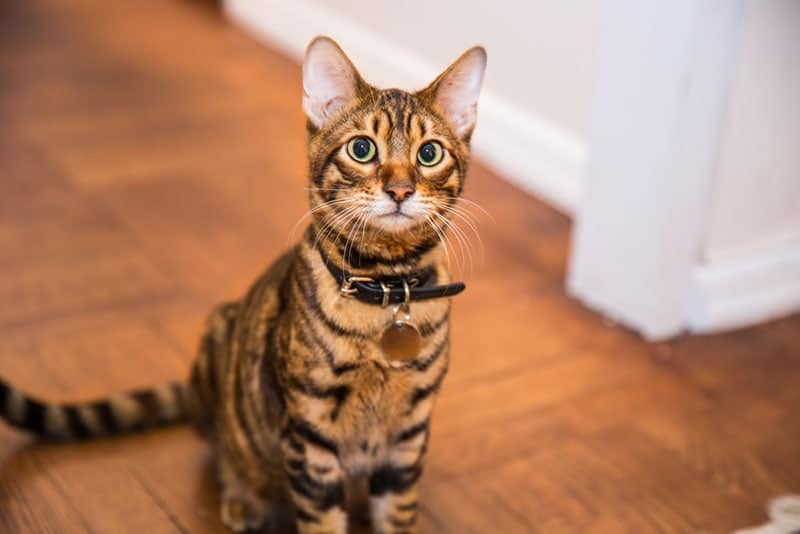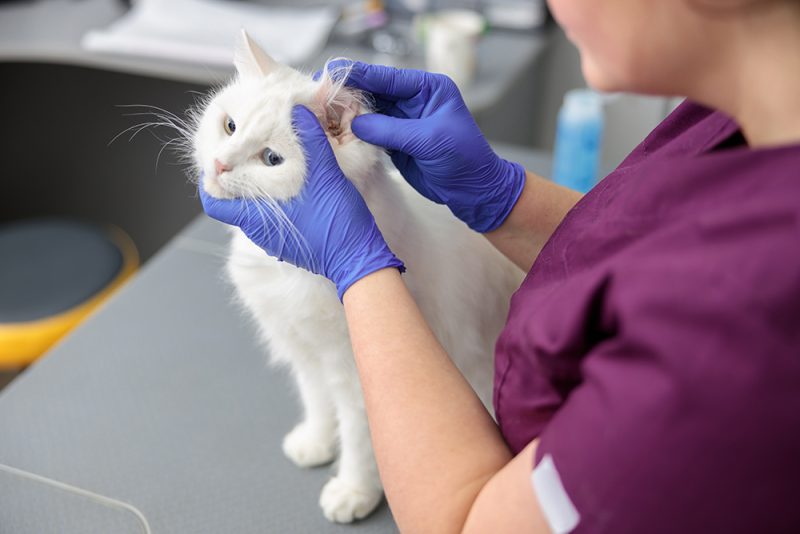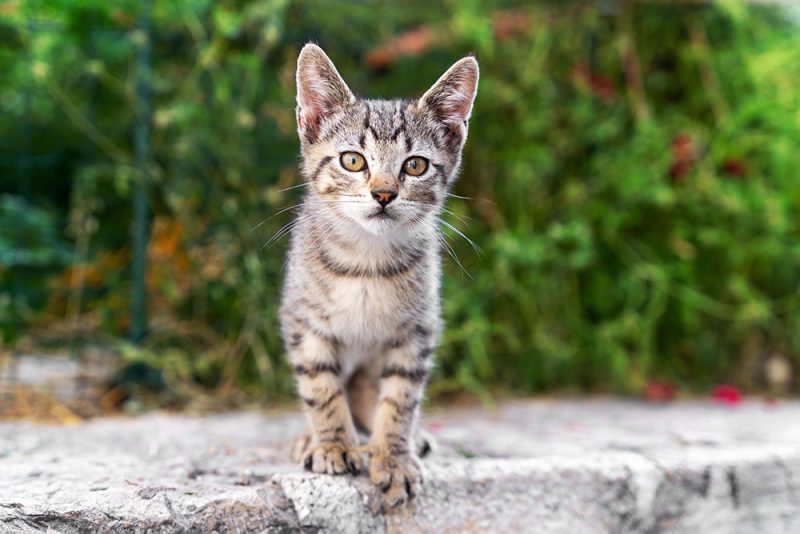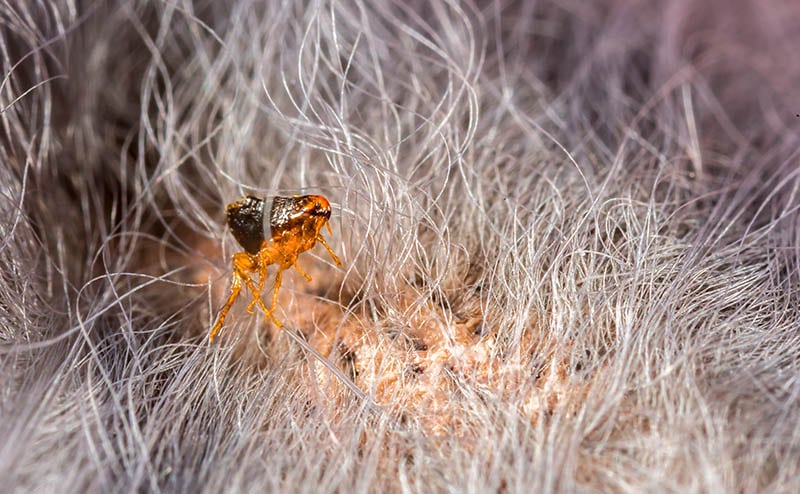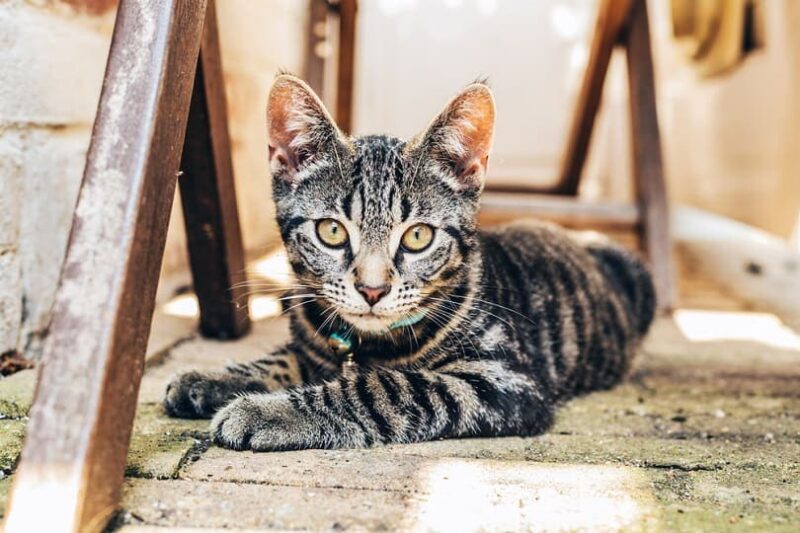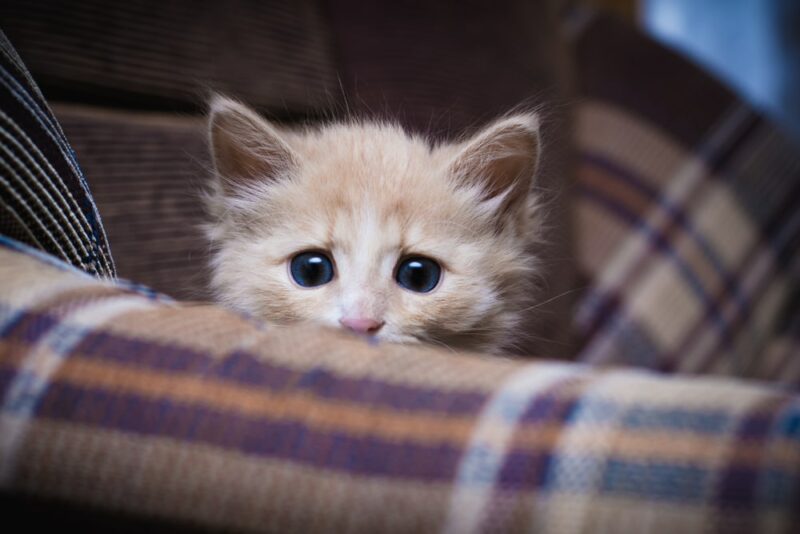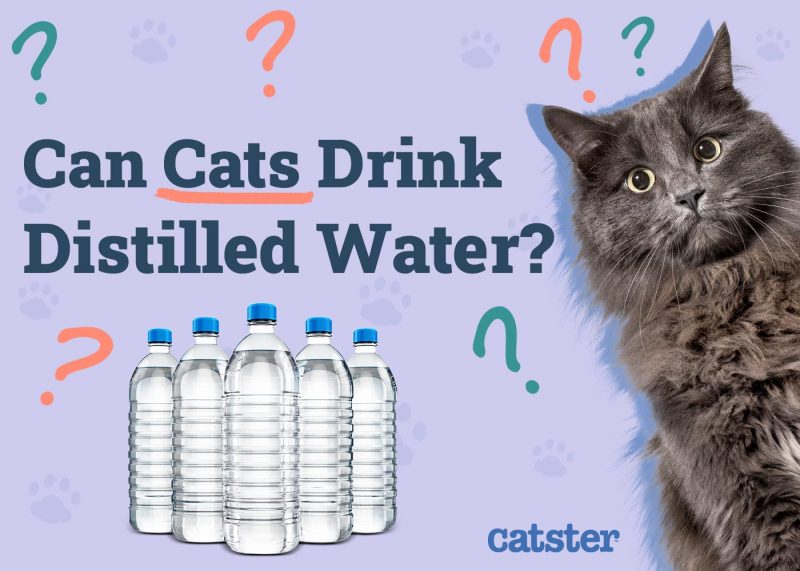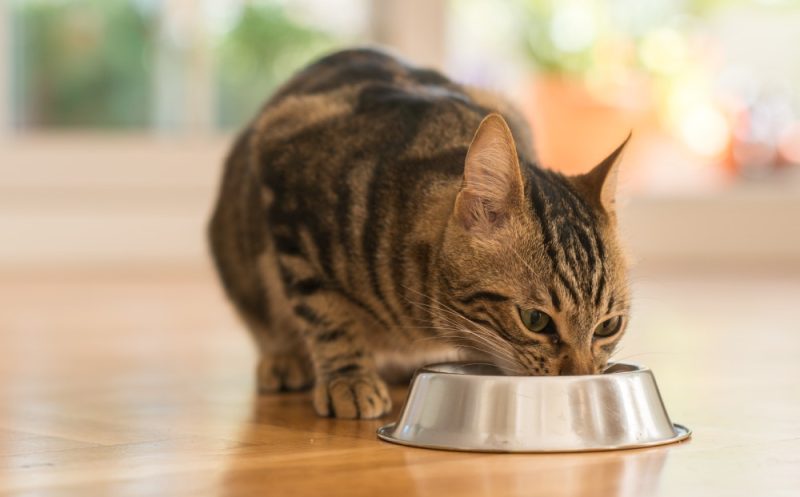In this article
While shopping for cat food you may have noticed that many recipes include fish oil in their ingredient list, especially higher-quality recipes. You may have even seen some fish oil supplements on the shelves of your local pet store.
Fish oil is one of the more common supplements recommended for cats. It’s known to help manage some clinical problems, such as osteoarthritis, some skin diseases, and some renal issues. However, it can cause issues when present in diets in large amounts.
Keep reading to learn about everything you need to know.

What Are the Benefits of Fish Oil for Cats?
Fish oil is a type of fat that comes from fish. It’s rich in omega-3 fatty acids, which is why it’s commonly given as a supplement. In humans, omega-3s are thought to improve brain health, help with joint pain, and even promote hair growth. Some studies in cats have found that fish oil may help cardiovascular function and lower inflammation.1
Generally speaking, fish oil is considered to be a good thing. Therefore, many cat food recipes have started including it, even if they aren’t fish-based. It isn’t considered a necessary nutrient, but many cat food brands treat it as such. It’s classified as a nutraceutical, which means it is a nutrient that also has some characteristics of a drug and may offer health benefits when dosed appropriately. The primary medicinal benefit of fish oil is its anti-inflammatory properties.

How Is Fish Oil Given?
Typically, fish oil is added to a cat’s food. Because it is animal fat, many cats like the taste of it. Therefore, it isn’t usually difficult to get them to eat it. However, you’ll still find the odd cat that doesn’t like the taste of added fish oil on top of their food.
In some cases, it’s best to pick cat food that already has fish oil added if you’re interested in giving it to your feline. However, these diets often do not contain enough omega-3s to help manage or treat a specific ailment or condition. Rather, they are intended to help with maintenance once the issue has been controlled with other means (such as medication).
You may also find treats with added fish oil. These provide an alternative to switching your cat’s regular food. For instance, if your cat is on prescription food, you can’t exactly switch their diet. In this case, choosing a quality treat with added fish oil may be the best option.
What Happens if You Miss a Dose?
The fatty acids in fish oil can be stored in your cat’s body. However, the individual cells store them in their membranes. In other words, the cells that store these fatty acids do not store them for use by other body organs or tissues—it’s simply their own storage.
In the simplest terms, this means that if your veterinarian prescribes fish oil for your cat, you should try to stay consistent with their supplement doses. If you do miss a dose though, don’t double up on the next serving. Simply resume the dosing regimen as normal on the next dose (and thereafter).
Potential Side Effects of Fish Oil
Like all supplements, fish oil isn’t without its drawbacks. Too much fish oil can cause health issues and in fact worsen some ailments. This is important because many owners are so keen to offer their pets supplements that they tend to go overboard, not knowing that inadvertently, they are not only wasting their money on supplements but also potentially causing harm to their precious pets!
- Gastrointestinal distress – May manifest as vomiting, diarrhea, or pancreatitis.
- Weight gain – Fish oil is very calorie-dense; excess amounts can lead to weight gain.
- Altered immune function – Because fish oil is involved in inflammatory processes, it can alter the normal inflammatory response and immune functionality if offered in excess.
Please note that the list above isn’t exhaustive.
Some owners have noted that fish oil may also cause bad breath from time to time. Of course, bad breath isn’t as problematic as the other issues pointed out above, but it does put some owners off from fish oil.


Frequently Asked Questions (FAQ)
Can I Give Human Fish Oil to My Cat?
A veterinary nutritionist might be able to formulate a diet for a pet cat that uses fish oil intended for human consumption. However, it generally isn’t recommended to use such products for your pets, as not all human products are safe for pets, and the concentration of each product varies.
How Much Fish Oil Should I Give My Cat?
The amount of fish oil you offer your cat would depend on what its intended purpose is within your cat’s diet. It’s best to discuss these doses with a veterinarian, as they vary drastically depending on the ailment your cat has.
Need veterinary advice but can't get to the clinic? Catster recommends PangoVet, our online veterinary service. Talk to a vet online and get the answers and advice you need for your cat without having to leave your living room — all at an affordable price!

Can I Use Plant-Based Omega-3s for My Cat?
No. Eicosapentaenoic acid (EPA) and docosahexaenoic acid (DHA) are the omega-3s found in fish oil. Some plants, such as flaxseeds and canola oil, do contain alpha-linolenic acid (ALA). Humans are able to convert some ALA to both EPA and DHA; however, a cat’s ability to do so is very subpar.
Interestingly, even humans don’t convert ALA to both EPA and DHA that efficiently, and only manage to convert around 10% of it. Cat (and even dog) bodies are considerably more inefficient at doing so. Fish oil remains the best source of both EPA and DHA for pet cats and dogs.

Conclusion
Fish oil in moderation is a relatively safe and beneficial addition to your cat’s diet. Today, many cat foods have added fish oil to help keep their customer’s cats healthy. You can also find plenty of fish oil supplements available if you want to add extra to your cat’s diet. However, over-supplementation of fish oil does have drawbacks.
Therefore, you should speak with your vet before supplementing, especially if your cat is experiencing serious health issues. While fish oil can be helpful, it needs to be dosed appropriately for your cat to benefit from it.
Featured Image Credit: hppphnts, Shutterstock
